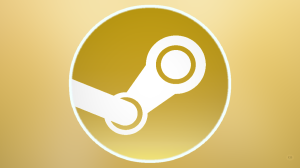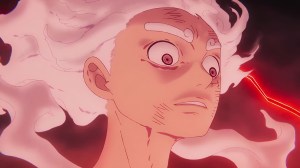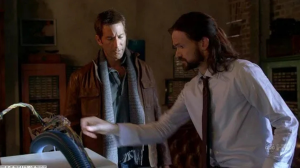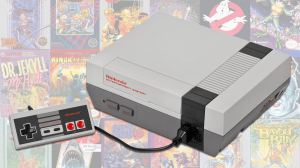April was a big month for Mortal Kombat’s legacy, but it was almost impossible to tell based on how developer NetherRealm Studios handled it. Mortal Kombat 3, Mortal Kombat 9, Mortal Kombat X, and Mortal Kombat 11 all had anniversaries during the month, and the studio only reposted a celebratory message about the microtransaction-filled mobile game hitting its 10th birthday. And while NetherRealm has always caught flak for its sporadic and sparse communication, this speaks to a broader issue regarding the history of this popular, blood-soaked series: it is incredibly hard to celebrate it in its totality because — given the dearth of official remasters and ports — there are very few legal ways to do so.
Videos by ComicBook.com
2011’s Mortal Kombat, often referred to as Mortal Kombat 9, illustrates this problem wonderfully. It has been pulled from Steam, PSN, and the Xbox Store, only leaving a tantalizing banner for the many more modern fans who missed out on this seminal fighter. Those who already own the game on PC and Xbox can still boot it up on modern hardware, but PlayStation players will have to dig out a PS3 in order to throw down, a tedious process thanks to the lack of official native PS3 backwards compatibility in the PS4 and PS5. It’s extremely difficult to legally play MK9, and that is utterly ridiculous given how it revitalized the franchise, set up NetherRealm for success right out of the gate, and helped contribute to the modern resurgence of fighting games.
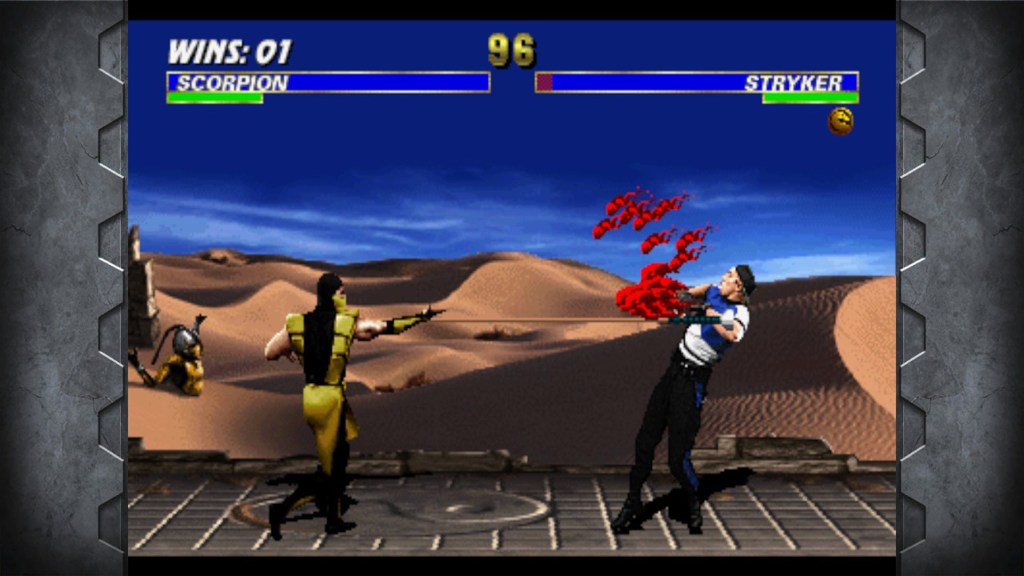
RELATED: Mortal Kombat 1 Is Finally Great. It Shouldn’t Die Now.
This issue compounds the older the game is. Mortal Kombat vs. DC Universe, the ill-fated 2008 crossover that came out during Midway’s slow implosion, was a physical-only release and did not make its way to PC. Digital distribution was almost non-existent back then, and PC ports were not always a given like they are now. It is widely regarded as one of the worst installments in the series, but those curious about this low point will have to jump through many hoops to come to their own conclusion.
Mortal Kombat’s 3D entries from the previous generation haven’t been preserved well, either; another case of being trapped on old systems and eluding the PC. Even the classic arcade trilogy is hard to track down. The shoddy 2011 collection was, unsurprisingly, also delisted on all platforms and, due to Games for Windows Live’s death, is a pain to play on PC. Mortal Kombat Trilogy, MK4, and the first three games are on GOG, but it’s a small consolation to be contained to one storefront on one platform.

There have been multiple efforts to remaster the first three games, all of which met their grisly end at the bottom of the spike-filled Pit in one way or another. Mortal Kombat: HD Arcade Kollection popped up on online storefronts in 2010 but never came out. It was later revealed through various leaked renders and real-life set photos that it was going to be a complete redo of the first three games with new models, hence the real-life set photos meant to emulate the series’ iconic digitized sprites of real actors. According to an artist on the project, the scope had changed, forcing a pivot to the aforementioned rushed 2011 collection.
Developer Eyeballistic’s remake, which series co-creator Ed Boon reportedly loved, was also allegedly shot down at the end of a long process of pitching the game to Warner Bros. multiple times, complying with its various demands, and getting told it was “heading toward a green light.” This led to the remake helmed by Blind Squirrel Games called Mortal Kombat Kollection Online. UI elements leaked outline after being canned, but it’s unclear why WB pulled the plug. A retail listing for a game with the same name popped up online in 2020, but nothing has come of it over five years later. Boon has spoken about a Mortal Kombat remake before but has not gone into detail, despite stating that he would “one of these days.”
Remakes would be welcome, but light remasters would even be a sufficient first step, something else Boon has entertained more than a few times. Yet, somehow, Warner Bros. has neglected remastering anything in the series — the good and the bad — and rendered it inaccessible to most. Well-regarded classics like Shaolin Monks and feature-rich entries like Armageddon are locked in the same coffin in the Warner Bros. Krypt, a shortsighted move that damages the series as well as the culture at large. Being able to study, critique, reevaluate, and stroll down memory lane through hands-on play are all important ways of engaging with the medium, and it’s bizarre for a long-running franchise this successful to so willingly disengage from all that by being so hard to reach.
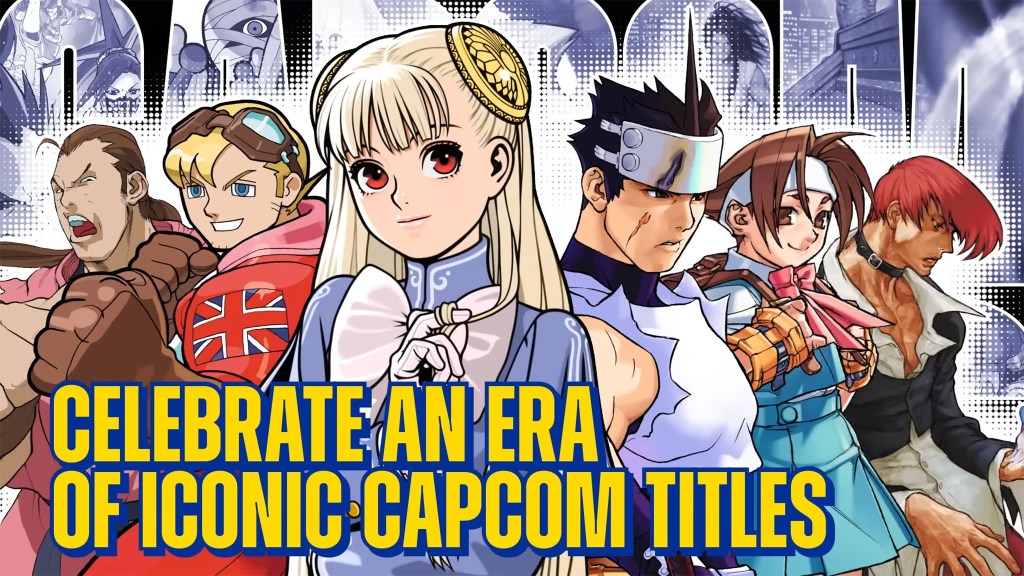
Capcom has had the complete opposite approach to the benefit of everyone involved. Aside from the multiple retro titles in other genres it has ported to modern systems, it has three (including the imminent Capcom Fighting Collection 2) collections of its fighting games. These bundles have been lovingly composed and faithfully translated multiple classics, in addition to packing in extra features like simpler control schemes, art galleries, design documents, quick saves, jukeboxes, advanced practice modes, and rollback netcode. Accessible, fully featured packages like these are the models for a company that wants to celebrate its past while modernizing it for the future, and they plainly display WB’s ineptitude when it comes to utilizing its back catalog. Given the series’ knack for high sales and the pent-up demand for remasters, Mortal Kombat collections with these features, if not royally botched, would undoubtedly do well.
WB loves to sell throwback costumes in every modern Mortal Kombat game, but it seems utterly uninterested in actually making the games those costumes are from broadly available on modern platforms. Preying on nostalgia seems to be appealing only when it’s a microtransaction. Nostalgia can be cynically exploited, as it often is, but there’s a way to earnestly maintain or at least respect a franchise through thoughtful remasters or ports, as Capcom has demonstrated time and time again. If WB truly wants to focus on Mortal Kombat as it recently stated, it shouldn’t just look to the future. It should mine the past and illustrate why this violent fighter is so beloved through remasters it has deserved for such a long time.


